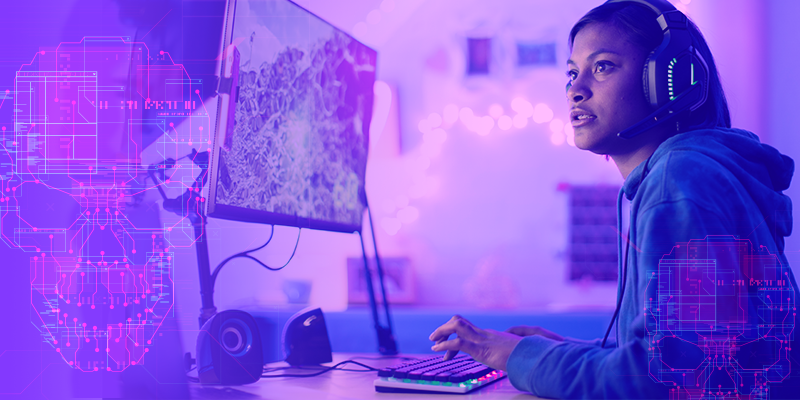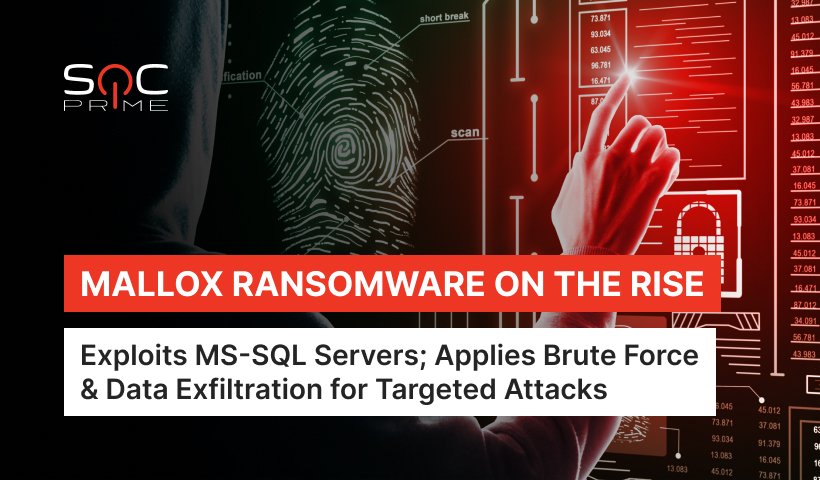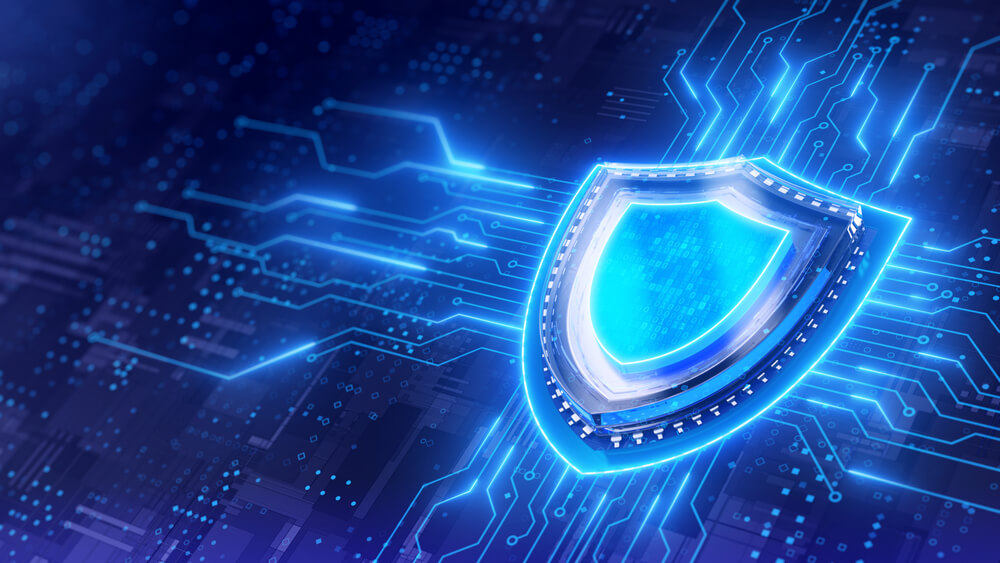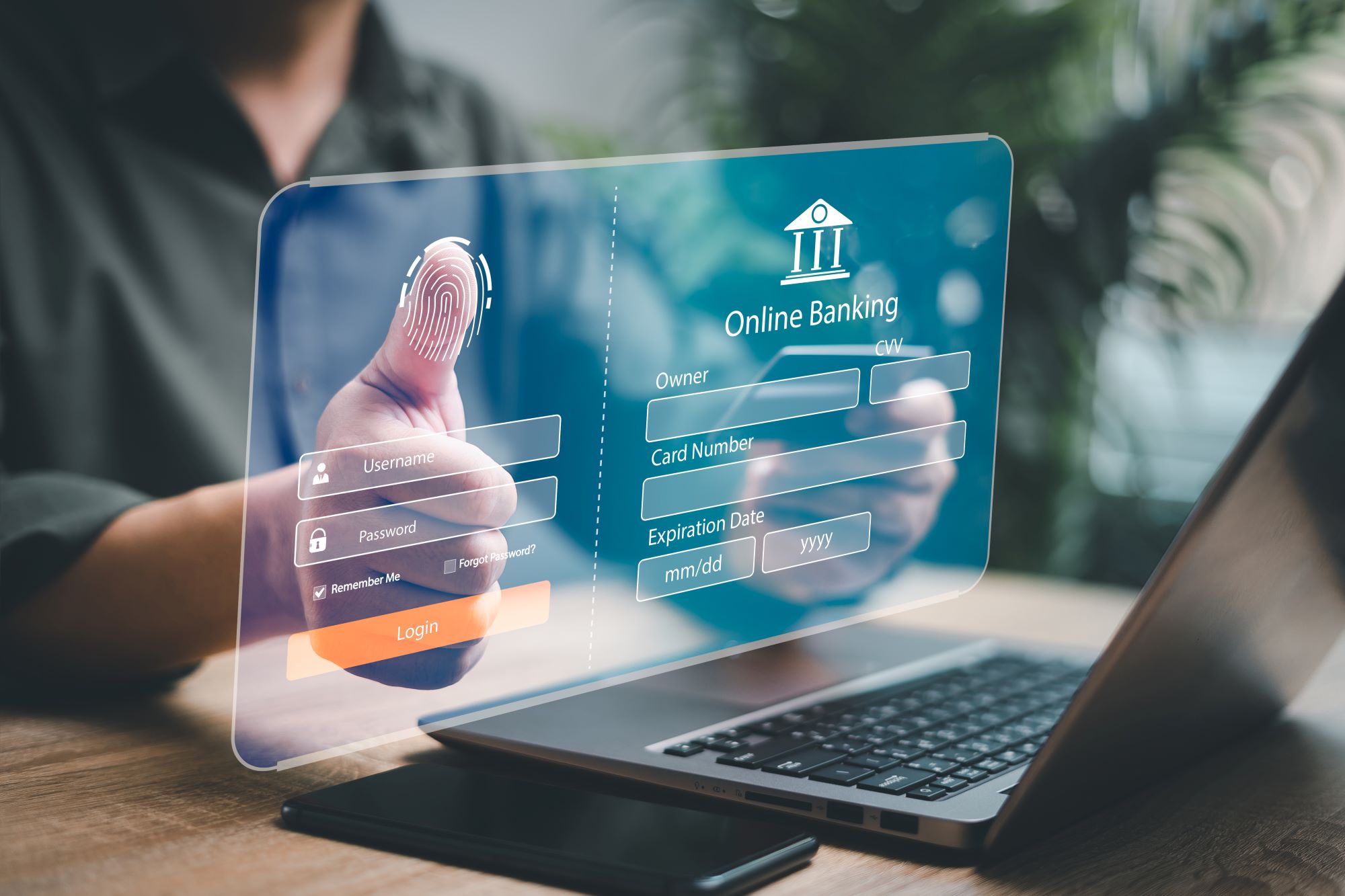The popularity of online gaming has risen during the COVID-19 epidemic – and so has it Cyber attacks against gamers. If you are a gamer’s parent, or if you are a gamer yourself, it is important to learn about the risks.
Why are cyber threats coming at gamers?
It may seem strange that cybercriminals are targeting gamers. But there are some good reasons for this trend:
- The global gaming market is booming – and it is expected to come $ 219 billion by 2024. Whenever a lot of money hovers, bad players will look for a way to take advantage.
- The average cost of games goes up, making the “injured” or pirated games more tempting. Unfortunately, hackers understand this and use the temptation of free games to infect people with malware.
- A huge economy has developed Inside Gaming community: People buy and sell in-game items, character changes and even bills. It provides an incentive for hackers to steal and resell other people’s digital property.
- Many gamers are unaware of the cyber security risks they face. In addition, many young people are involved in games. This means a lot of easy targets for cybercriminals.
Cyber threats lead in games
There are many cyber threats on gamers. But get the most out of focusing on the following three:
- Malicious software. Malicious software threats to gamers are spread through malicious websites, exploited system vulnerabilities, or Trojan copies of pirated games.
- Taking over an account. Bad players are always looking for game accounts that are easy to hack. After theft, they can resell an account or its contents to interested buyers.
- Phishing and social engineering. Games are now an online social activity. This gives scammers a lot of opportunities to approach careless gamers and try to trick them into downloading malware, giving up personal details or handing in login credentials.
Cyber security tips for gamers
It’s scary to think that cybercriminals attack gamers more often. But the good news is that taking some basic precautions can keep you safe:
- Protect your accounts. If you have a gaming account with Steam, Epic or another major gaming platform, take steps to maintain its security just as you would a bank account or social media. Use a strong and unique password for each account you have. If possible, enable 2-factor authentication (2FA) in your gaming accounts as well.
- Avoid pirated games. We understand that, games are expensive and times are tough. But hackers like to sneak malware into those “free” copies of popular games. As such, downloading a pirate game is simply not worth the risk.
- Pay attention to phishing and social engineering. As the saying goes, if you are online, you are a target. The best way to stay safe is to be aware of the threat – and learn how to spot phishing and social engineering attacks when you encounter them.
Following these basic cyber security tips will help make your online gaming experience safer.
For even more protection, explore Webroot’s SecureAnywhere Internet Security Plus antivirus solution. This will protect your system from all types of malware threats – and includes access to LastPass®, a reliable and easy-to-use password management tool.









